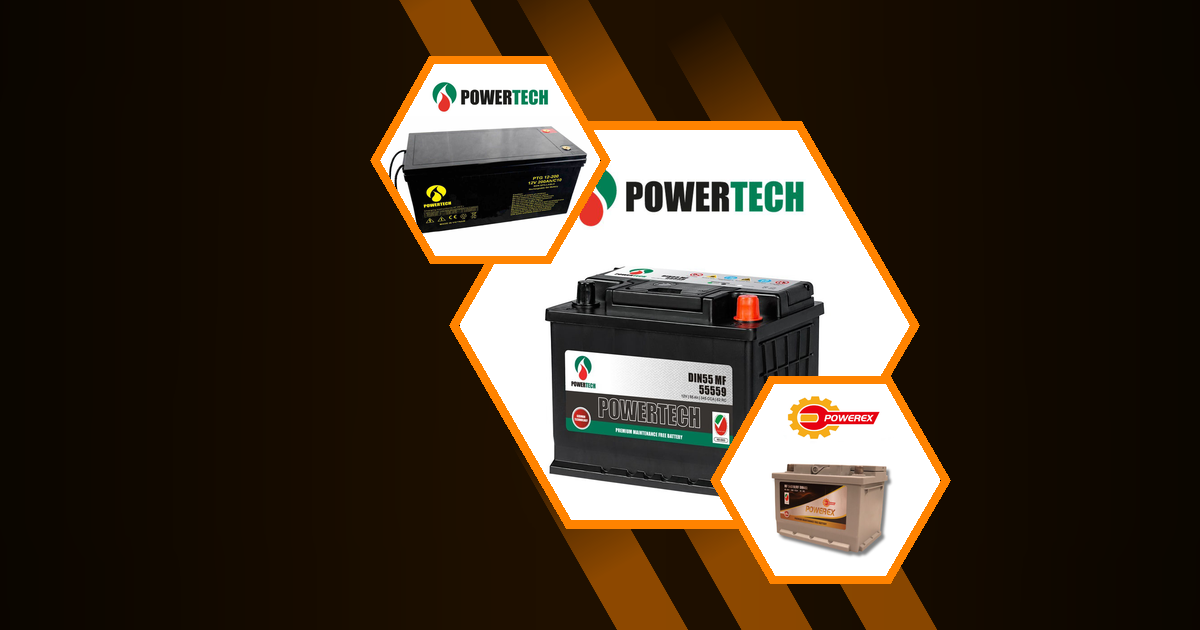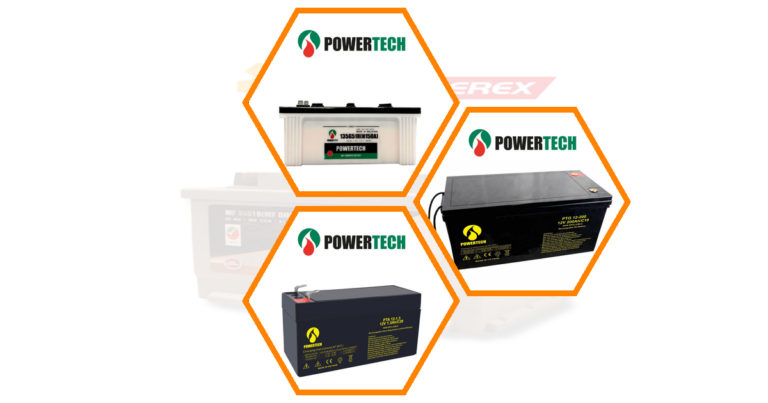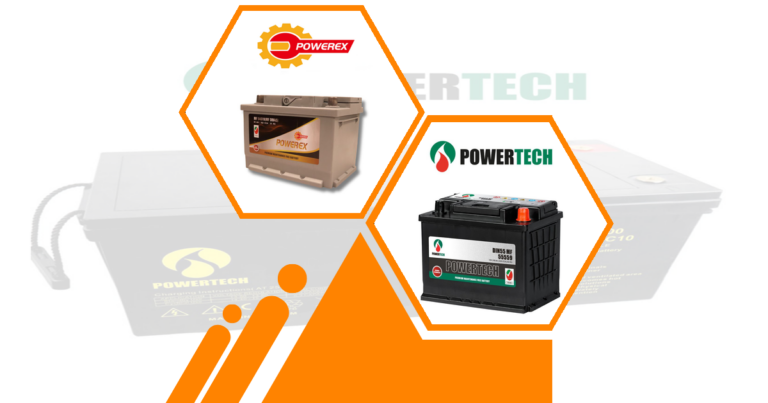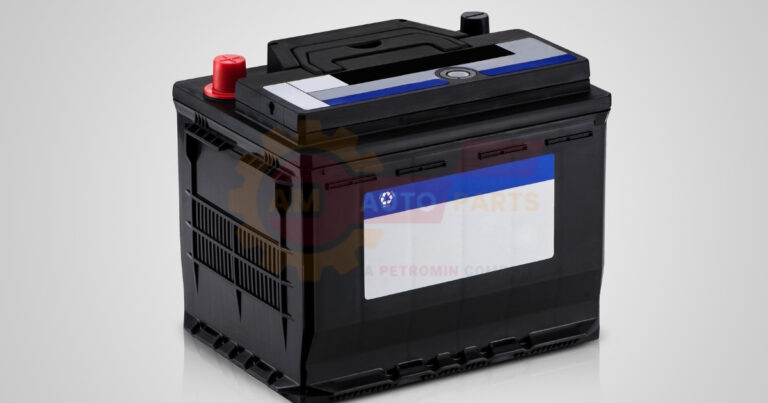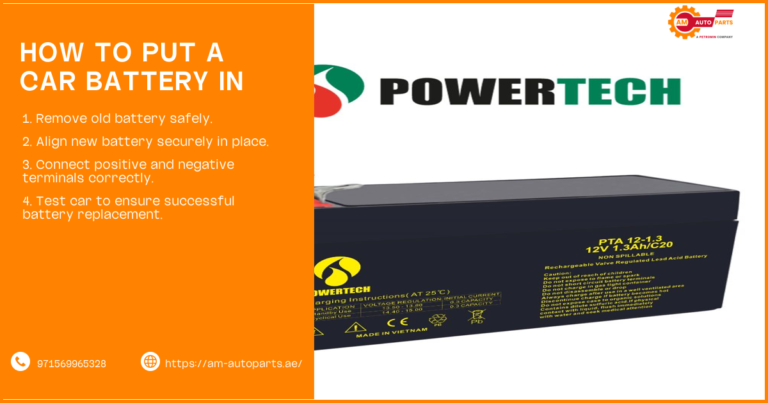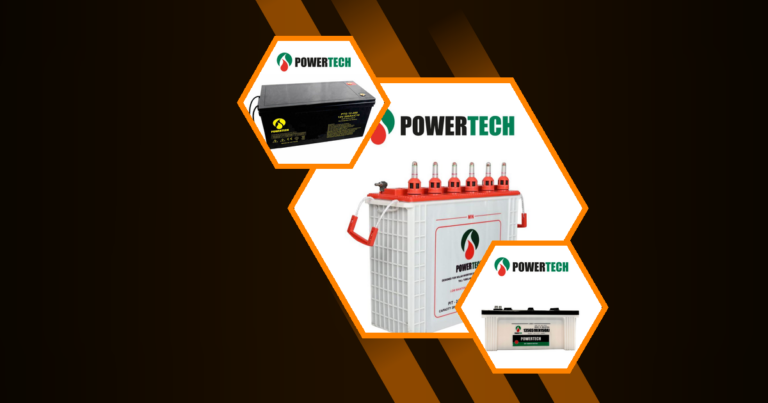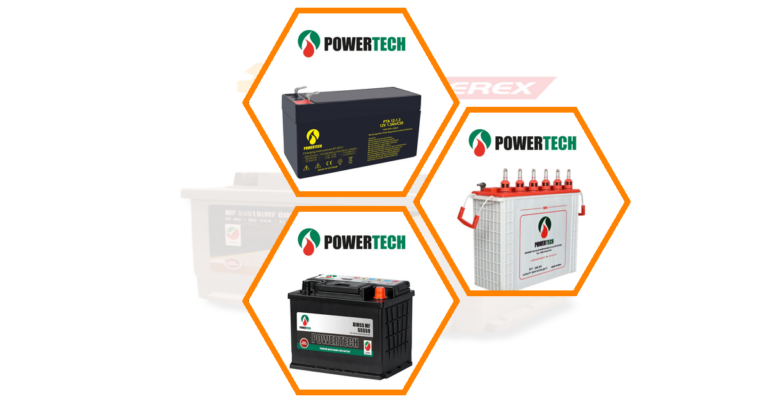Navigating the world of battery warranties can be daunting, but understanding the key elements can help consumers make informed decisions. This guide will delve into the intricacies of battery warranties, warranty terms, and battery lifespan, providing valuable insights for maximizing battery performance and longevity.
Decoding Battery Warranty Terms and Conditions
Key Components of a Battery Warranty
Battery warranties are essential for protecting your investment. They typically cover defects in materials and workmanship, ensuring that the battery performs as promised. Understanding the specific components of a warranty can help you know what is covered and what is not.
- Coverage Details : Most warranties cover manufacturing defects but exclude damage from misuse.
- Claim Process : Familiarize yourself with the steps to file a claim, including required documentation.
- Replacement Policy : Some warranties offer full replacements, while others provide prorated refunds.
Common Warranty Exclusions
Not all issues are covered under battery warranties. Common exclusions include damage from improper installation, misuse, or environmental factors. Knowing these exclusions can prevent unexpected costs.
- Improper Use : Using the battery outside recommended conditions can void the warranty.
- Environmental Damage : Exposure to extreme temperatures or moisture is often not covered.
- Wear and Tear : Normal degradation over time is typically excluded.
Warranty Duration and Coverage
The duration of a battery warranty varies by manufacturer and battery type. Understanding the coverage period is crucial for planning maintenance and replacements.
- Standard Duration : Most warranties last between 1 to 5 years.
- Extended Warranties : Some manufacturers offer extended coverage for an additional fee.
- Coverage Scope : Ensure the warranty covers both parts and labor.
Battery Lifespan vs. Warranty Period
Factors Affecting Battery Lifespan
Several factors influence how long a battery will last. These include usage patterns, environmental conditions, and maintenance practices. Understanding these can help extend battery life.
- Usage Patterns : Frequent charging and discharging can shorten lifespan.
- Temperature : Extreme heat or cold can degrade battery performance.
- Maintenance : Regular maintenance can prevent premature failure.
Typical Battery Lifespans for Different Types
Different battery types have varying lifespans. Knowing the expected lifespan can help you plan for replacements and budget accordingly.
Battery Type | Typical Lifespan |
Lead-Acid | 3-5 years |
Lithium-Ion | 5-10 years |
Nickel-Metal Hydride | 5-7 years |
How Manufacturers Determine Warranty Periods
Manufacturers use several criteria to set warranty periods, balancing consumer protection with business interests. Understanding these criteria can help you evaluate warranty offers.
- Testing and Data : Manufacturers rely on extensive testing and historical data.
- Market Standards : Warranty periods often align with industry norms.
- Product Quality : Higher quality products may come with longer warranties.
Maximizing Battery ROI and Service Life
Proper Maintenance Techniques
Proper maintenance is key to maximizing battery lifespan and return on investment (ROI). Simple practices can significantly extend battery life.
- Regular Inspections : Check for signs of wear or damage regularly.
- Cleaning : Keep terminals clean to ensure good connections.
- Storage : Store batteries in a cool, dry place when not in use.
Optimal Charging Practices
Charging practices greatly affect battery health. Following manufacturer guidelines can prevent damage and extend lifespan.
- Avoid Overcharging : Disconnect the charger once the battery is full.
- Use Correct Charger : Always use the charger recommended by the manufacturer.
- Charge Regularly : Avoid letting the battery fully discharge.
Environmental Considerations
Environmental factors can impact battery performance and lifespan. Being mindful of these can help maintain battery health.
- Temperature Control : Avoid exposing batteries to extreme temperatures.
- Humidity : Keep batteries dry to prevent corrosion.
- Vibration : Minimize exposure to excessive vibration or shock.
Evaluating Battery Warranty Claims
Red Flags in Warranty Promises
Not all warranty promises are created equal. Be wary of overly generous offers that may not be genuine.
- Too Good to Be True : Extremely long warranties may have hidden conditions.
- Lack of Transparency : Ensure terms are clearly stated and understandable.
- Limited Support : Check for accessible customer service and support.
Importance of Predicted Use and Operational Conditions
Understanding how your usage aligns with warranty terms is crucial. Manufacturers often base warranties on typical use cases.
- Usage Patterns : Ensure your usage matches the warranty’s intended conditions.
- Operational Limits : Stay within recommended operational parameters.
- Documentation : Keep records of usage and maintenance for claims.
Dealing with Inflated Lifespan Claims
Some manufacturers may exaggerate battery lifespan. Knowing how to spot these claims can prevent disappointment.
- Research : Compare claims with independent reviews and tests.
- Realistic Expectations : Understand typical lifespans for your battery type.
- Manufacturer Reputation : Consider the manufacturer’s track record.
Navigating Warranty Claims and Replacements
Steps to File a Warranty Claim
Filing a warranty claim can be straightforward if you follow the correct steps. Preparation is key to a successful claim.
- Gather Documentation : Collect receipts, warranty papers, and maintenance records.
- Contact Manufacturer : Reach out to the manufacturer or retailer for instructions.
- Follow Procedures : Adhere to the outlined claim process for a smooth experience.
What to Expect During the Claim Process
Understanding the claim process can help set realistic expectations and reduce frustration.
- Initial Assessment : The manufacturer will assess the claim’s validity.
- Resolution Options : Options may include repair, replacement, or refund.
- Timeline : Claims can take several weeks to process.
Potential Outcomes of Warranty Claims
Knowing potential outcomes can help you prepare for the next steps after filing a claim.
- Full Replacement : Some claims result in a new battery.
- Prorated Refund : Partial refunds based on usage may be offered.
- Repair : Minor issues may be resolved through repair.
Understanding Battery Health and Performance
Signs of Battery Degradation
Recognizing signs of battery degradation can help you take action before failure occurs. Common indicators include reduced capacity and longer charging times.
- Reduced Capacity : The battery doesn’t hold a charge as long as it used to.
- Slow Charging : Charging takes longer than normal.
- Physical Changes : Swelling or leaks are signs of damage.
Tools for Monitoring Battery Health
Several tools can help you monitor battery health and performance. These tools provide valuable data for maintenance and replacement decisions.
- Battery Management Systems : Built-in systems provide real-time data.
- Diagnostic Tools : External tools can assess battery condition.
- Apps : Smartphone apps offer convenient monitoring options.
When to Consider Battery Replacement
Knowing when to replace a battery can prevent unexpected failures. Consider replacement when performance significantly declines.
- Frequent Recharging : If you need to recharge more often, it may be time for a new battery.
- Increased Maintenance : Frequent maintenance issues can indicate end-of-life.
- Manufacturer’s Guidelines : Follow recommended replacement intervals.
The Role of Battery Chemistry in Warranties and Lifespan
Comparing Different Battery Technologies
Different battery technologies offer varying benefits and drawbacks. Understanding these can help you choose the right battery for your needs.
Battery Technology | Advantages | Disadvantages |
Lead-Acid | Cost-effective, reliable | Heavy, shorter lifespan |
Lithium-Ion | Lightweight, long lifespan | Higher cost, sensitive to heat |
Nickel-Metal Hydride | Environmentally friendly | Lower energy density |
How Chemistry Affects Warranty Terms
Battery chemistry influences warranty terms, as different technologies have unique characteristics and lifespans.
- Durability : More durable chemistries may have longer warranties.
- Performance : High-performance batteries often come with better warranties.
- Cost : Expensive chemistries may offer more comprehensive coverage.
Future Trends in Battery Technology and Warranties
Emerging technologies are shaping the future of batteries and warranties. Staying informed can help you make future-proof decisions. AGM battery advantages AGM batteries hold their charge longer and can be mounted in any position without leaking They are also more resistant to vibration and provide faster charging compared to traditional batteries Optimize fleet batteries helps make electric car groups work better and longer It saves money and keeps vehicles running smoothly for companies with many cars
Electric vehicle safety is about making sure electric cars are safe to drive and use These cars have special features to protect people from electrical problems and accidents Car battery charging troubles can happen when your car’s battery won’t hold a charge or takes too long to charge up
Automotive energy solutions help cars and trucks use different types of power to run These solutions include electric batteries fuel cells and cleaner fuels for vehicles
- Solid-State Batteries : Promising longer lifespans and safety.
- Recycling Innovations : Improved recycling can extend battery life.
- Smart Warranties : Data-driven warranties based on usage patterns.
Environmental Impact and Recycling Considerations
Proper Battery Disposal Methods
Proper disposal of batteries is crucial for environmental protection. Follow guidelines to ensure safe disposal.
- Recycling Centers : Use designated centers for battery recycling.
- Manufacturer Programs : Some manufacturers offer take-back programs.
- Local Regulations : Adhere to local disposal laws and guidelines.
Recycling Programs and Initiatives
Recycling programs help reduce environmental impact and conserve resources. Participating in these programs supports sustainability.
- Community Programs : Local initiatives often offer convenient recycling options.
- Manufacturer Initiatives : Many manufacturers have recycling partnerships.
- Government Support : Government programs promote battery recycling.
Sustainability in Battery Manufacturing
Sustainable manufacturing practices are becoming more common in the battery industry. These practices reduce environmental impact and improve efficiency.
- Eco-Friendly Materials : Use of recycled and sustainable materials.
- Energy Efficiency : Reducing energy consumption in production.
- Waste Reduction : Minimizing waste through efficient processes.
Understanding battery warranties, warranty terms, and battery lifespan is crucial for consumers to make informed decisions about their purchases and to ensure they get the most value from their batteries. By comprehending these aspects, users can better maintain their batteries and navigate warranty claims if necessary.
FAQ’s
What happens if my battery fails during the warranty period?
If your battery fails during the warranty period, you are typically entitled to a repair or replacement. The specific remedy depends on the warranty terms and the nature of the failure. Always contact the manufacturer or retailer to initiate a claim.
Can I extend my battery warranty?
Yes, many manufacturers offer extended warranties for an additional fee. These extensions can provide peace of mind and additional coverage beyond the standard warranty period. Be sure to read the terms carefully to understand what is included.
How does frequent use affect my vehicle’s battery life?
Frequent use can lead to faster battery degradation, especially if the battery is not properly maintained. Regular charging and avoiding deep discharges can help mitigate this effect. It’s important to follow the manufacturer’s guidelines for optimal battery care.
Are all battery warranties created equal?
No, battery warranties can vary significantly between manufacturers and products. It’s important to read the warranty terms carefully to understand the coverage, exclusions, and claim process. Comparing warranties can help you choose the best option for your needs.
